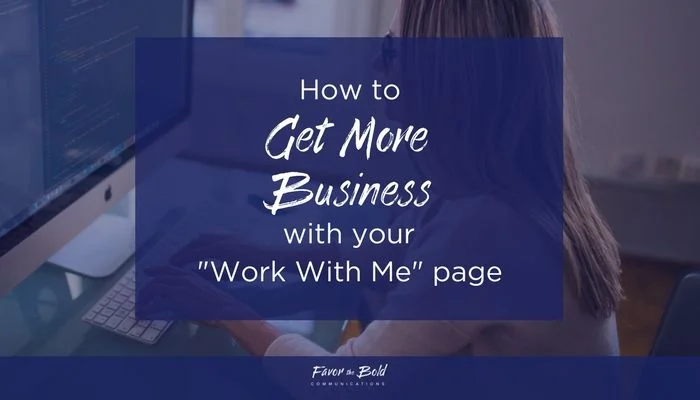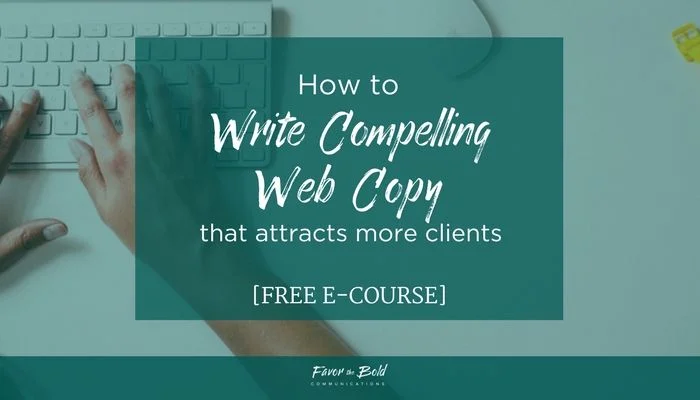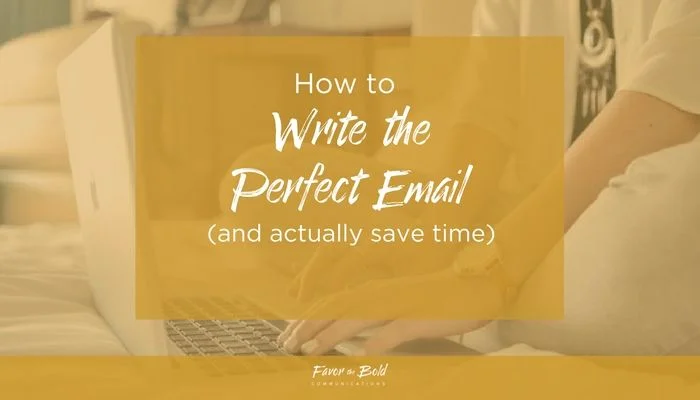A lot of people roll their eyes at most client testimonials on websites-- me included. Do I really care that some person I've never heard of (who could very well be your sister/ best friend/ roommate) "absolutely LOVED" working with you?
And let’s face it-- no one’s reading those long-ass paragraphs of over-the-top gushing anyway.
So what’s the point of testimonials? Why am I writing a blog post about them if they’re so useless?
Because they don’t have to be useless. In fact, well-written client testimonials used in a strategic way can be super effective. Used properly, those flowery sentences can actually help sell what you do-- so you don’t have to.
Here’s how.
1. Know what a client testimonial is for
Let’s clear something up for good: client testimonials and client feedback are NOT the same thing.
Client feedback helps you understand what went well and what can be improved. It’s your gauge to learning how to better serve your clients. It’s more in-depth and should include areas for improvement.
A client testimonial, on the other hand, is a marketing tool. It should help potential clients trust you and better understand how you can help them. And here’s the secret:
A good client testimonial isn’t about you at all-- it’s about how you help your clients.
2. Only use testimonials for work you want to attract
Since client testimonials are about helping potential clients trust you, let’s talk about how that works. It all goes back to the number one commandment of your website:
Your audience only cares if there’s something in it for them-- and that includes testimonials.
If potential clients don’t relate to the testimonial-- the work you did, who you did it for, the language used-- they won’t read it. Or worse, they’ll get confused by what you do and click away.
That’s why it’s important that your testimonials reflect the work you want to do. Like attracts like, so if your testimonials show you're an absolute expert at the one thing you want to be known for, guess what?
You’ll get more clients for it.
For example, when I first started my communications consulting business, I also offered coaching as one of my services (loooong story, don’t ask.) As a result, I have several positively glowing testimonials from coaching clients.
But here’s the thing: They aren’t on my website.
Why? Because I don’t want to do coaching. I don’t want those testimonials-- no matter how flattering-- to attract more coaching clients. And even more importantly, I don’t want potential branding and communications clients to think I’m a coach and get confused.
3. Get short, results-focused testimonials
Maybe I’m just an asshole, but my eyeballs do all sorts of acrobatics when I see testimonials like this:
“Elissa is just great! So easy to work with, so helpful and fun to talk to!”
Ugh.
Listen, it's enormously important to be a joy to work with-- please don’t think I’m saying that your personality doesn’t matter to your potential clients.
But it’s not the number one thing people are looking for when they want to hire you. No matter how "great" or "fun" you are, people will only hire you if they think you can solve their problem.
Want testimonials that sell what you do for you, so you don’t have to? Make sure they focus on the client, not you. A good testimonial shouldn’t focus on how great you are.
A good testimonial should imply how great you are by showing the benefit your client got from working with you.
So how do you get those kinds of testimonials? Here’s my step-by-step process:
Do amazing work that gets your client results.
Sorry guys, there’s no shortcut to this one. If you want results-focused testimonials, you need to get results.
Send a client feedback survey at the end of the project or contract.
I know that sounds super formal, but it doesn’t have to be. At the end of every contract, I send my clients a “wrap-up” email that ties up any loose ends and asks them for feedback in the form of a super-short survey. (I can't take credit for this idea, I got it from Caitlin Horton.)
But you don’t even need to do that. To understand the results you got for your client, all you need is the answer-- either verbally or written-- to one question:
“What was the biggest benefit of working with me?”
Note: you aren't asking for a testimonial in this step. You’re simply asking for results-focused feedback that shows the benefit of your work.
Ask if they’d be willing to give you a testimonial and draft it yourself.
Assuming their feedback is good, send them an email saying:
"Thanks so much for your feedback. I was wondering if you might be willing to provide me with a testimonial that I could use on my website. If it’s easier for you, I can draft a short testimonial based on the feedback you’ve already given me so you don’t have to write something from scratch."
That’s the key to a great testimonial: you write it yourself.
Obviously, what you write will be based on their words. I’m not asking you to embellish or invent anything they themselves haven’t told you.
Dear god, don’t do that.
But you definitely can shorten, simplify and tighten their feedback into something you know you can use. Because that’s the biggest benefit to this approach: You know you can actually use it.
There’s nothing worse than asking for a testimonial and getting back some long, rambling soliloquy that you’ll never be able to use. You feel like a huge douche if you ask to edit it and an even bigger douche for not using something they obviously took a long time to write. Lose-lose.
Keep it short.
When you’re drafting the testimonial, remember-- it isn’t about you. Remember who your audience is and why you need testimonials in the first place.
Write what your audience wants to read, not what you want to read about yourself.
They don’t want to read an entire paragraph about how great you are-- they want short, easy-to-digest sound bites that show how you can help them. Keep it short, relatable and benefits-focused.
If you really want a long version for some reason, draft two versions for them to approve: a full version for your ego and a shortened version for your website.
4. Don’t hide your testimonials on a “Testimonials” page
You see it all the time: service-based pros who have an entire page dedicated to testimonials. They use cutesy terms like “Kind Words” or “Praise” and expect people to read through 14 paragraphs of text about how great they are.
And I get it, sometimes there’s a good reason for it. Sometimes.
If you’re a B2B service provider, for example, having a testimonials page with logos of big companies and high-level client contacts can be powerful social proof.
Or let's say your "Praise" page is full of blurbs from high-profile media outlets or industry leaders. By all means, go for it.
I’m not knocking all testimonials pages.
But if you’re B2C and your testimonials page is loaded with random solopreneurs that potential clients have never heard of, you’re wasting your precious testimonials. Here’s what to do instead
Services Page
I’m a massive fan of using short, specific testimonials to “sell” my offerings on my Services page. Why?
Because your Services page is where your audience is really digging into what you can do for them. They’re trying to understand what you do and how they might benefit from it.
What better way to illustrate that benefit than with a well-placed (and, ahem, well-written) testimonial from a past client showing them the results they could get?
About Page
Another effective place for a testimonial or two is on your About page. This is where your audience is trying to answer the question, “Is this person for me?” Testimonials that show what you can do, from clients your audience can relate to are gold.
Remember, your About page is there to build on the “Know-Like-Trust” factor. Testimonials that hit those points help your audience do all three.
Home page
A word of caution here: don’t load your Home page with testimonials.
Your Home page is often the first (and maybe only!) impression someone gets of you, and they won’t stick around if they have to read through a bunch of testimonials to know what you do.
That said, a short, punchy, WOW result testimonial on your Home page-- or a testimonial from a WOW name in your industry-- can help catch people’s attention.
And not in the way that makes them roll their eyes.











![How to boost your brand offline-- and get more business [Part 3]](https://images.squarespace-cdn.com/content/v1/5671d7a82399a31f114f4c55/1477565172008-2K7456WNHWYM99T12HTV/How+to+boost+your+brand+offline--+and+get+more+business.jpg)